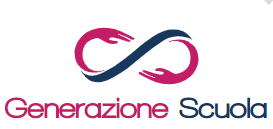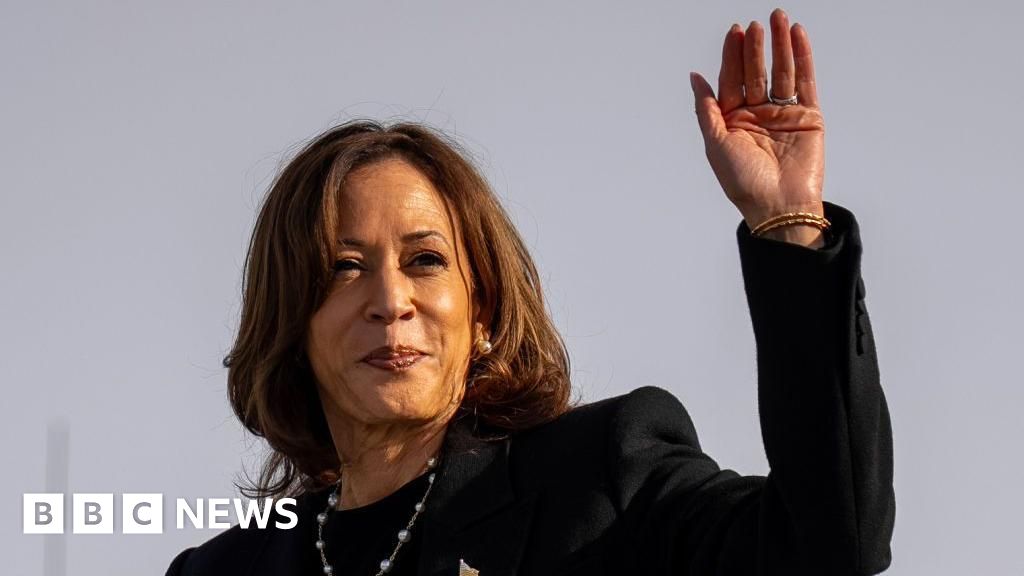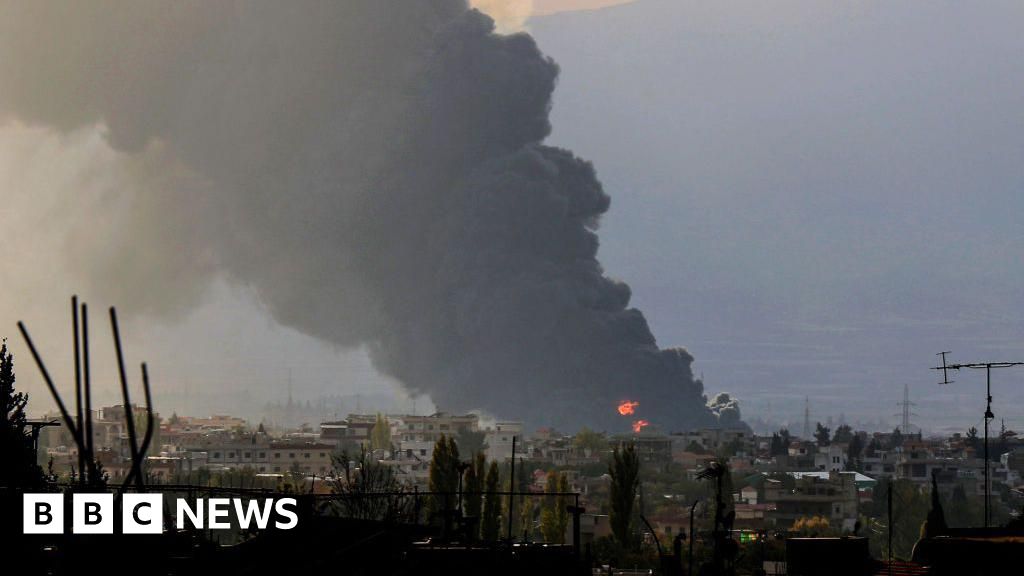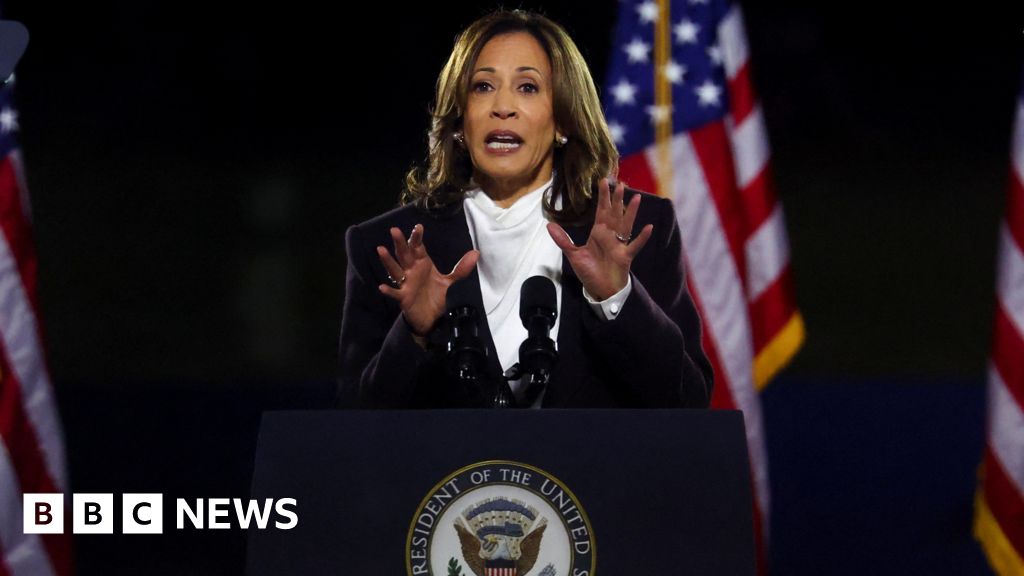Russian authorities have stepped up pressure on a prominent Kremlin critic Alexey Navalny By bringing new fraud charges against him.
The Investigation Commission, Russia’s main investigative agency, said on Tuesday that it has opened a new criminal case against Navalny on charges of widespread fraud in connection with his alleged mishandling of private donations of $ 5 million to his anti-corruption foundation and other organizations.
Navalny, who is recovering in Germany after August Poisoning with nerve gas Which he blamed on the Kremlin, he ridiculed the new accusations as a sign of provoking Vladimir Putin.
“It appears that Putin is in hysteria,” Navalny said of the Russian president on Twitter.
Navalny fell ill on August 20 while on a domestic flight in Russia Two days later he was still in a coma for treatment to Berlin, where he spent weeks in intensive care. Laboratories in Germany, France and Sweden, and tests conducted by the Organization for the Prohibition of Chemical Weapons, an intergovernmental body based in The Hague, have proven exposure to Novichok nerve gas from the Soviet era.
Navalny accused Putin of issuing orders to poison him. The Kremlin has repeatedly denied the accusation.
“They are trying to put me behind bars because I failed to die and to continue searching for my killers and to prove that Putin was behind them,” Navalny wrote on Twitter.
News of Navalny’s investigation came a day after he accused the country’s prison service of violating the terms of his suspended sentence in a previous case and given him one day to inform her office. In the decade that has passed since he began writing about official corruption in Russia and moved to run for political office, Navalny, 44, has been repeatedly arrested and faced with various charges.
The Federal Prison Service cited an article by doctors from the Charité Hospital in Berlin published in the medical journal The Lancet and indicated that Navalny had fully recovered. She ordered Navalny to visit her office in line with the terms of his suspended three-and-a-half-year prison sentence imposed in 2014 or facing a real prison sentence if he missed the deadline on Tuesday.
Navalny, who had previously said he intended to return to Russia once he has fully recovered, ridiculed the request, saying that the F Prison Service’s reference to the article in The Lancet amounted to the government’s admission that he had been poisoned.
Russian authorities insisted that the doctors who treated Navalny in Siberia before flying him to Germany found no trace of the poison and demanded that German officials provide evidence of his poisoning. They refused to open a full criminal investigation, arguing that there was no evidence that Navalny had been poisoned.
The European Union imposed sanctions on six Russian officials and a government research institute after tests by the Organization for the Prohibition of Chemical Weapons concluded that Navalny had been exposed to Novichok. Russia responded by imposing sanctions on European Union officials.

“Guru professionista del caffè. Giocatore tipico. Difensore degli alcolici. Fanatico del bacon. Organizzatore.”






